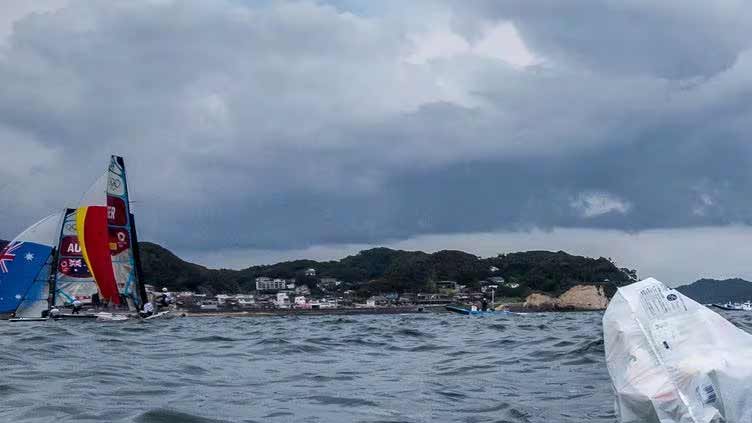In UN talks for a global plastic treaty, delegates to face off over production limits

World
In UN talks for a global plastic treaty, delegates to face off over production limits
(Reuters) - As the world's nations enter another round of talks this week on creating a first-ever treaty to contain plastic pollution, officials are bracing for tough negotiations over whether to limit the amount of plastic being produced or just to focus on the management of waste.
Working with a document called a "zero draft" that lists possible policies and actions to consider, national delegates to the weeklong meeting in Nairobi, Kenya, will be debating which of those options to include in what eventually would become a legally binding treaty by the end of 2024, officials involved in the negotiations said.
"We are at a pivotal moment in this process," said David Azoulay, a managing attorney of the Center for International Environmental Law who is an observer to the negotiations.
The world is currently producing about 400 million metric tons of plastic waste every year, with less than 10% of it being recycled, according to the UN Environment Programme, choking landfills and despoiling oceans. That produced amount is set to surge in the coming decade, as oil companies, which often also produce plastics, look to new sources of revenue amid the energy transition away from fossil fuels.
Today, about 98% of single-use plastic - like bottles or packaging -is derived from fossil fuel, according to the U.N. Environment Programme.
The European Union and dozens of countries, including Japan, Canada and Kenya have called for -a strong treaty with "binding provisions" for reducing the production and use of virgin plastic polymers derived from petrochemicals and for eliminating or restricting problematic plastics, such as PVC and others containing toxic ingredients.
That position is opposed by the plastic industry and by oil and petrochemical exporters like Saudi Arabia, who want to see plastic use continue. They argue that the treaty should focus on recycling and reusing plastics, sometimes referred to in the talks as "circularity" in the plastics supply.


